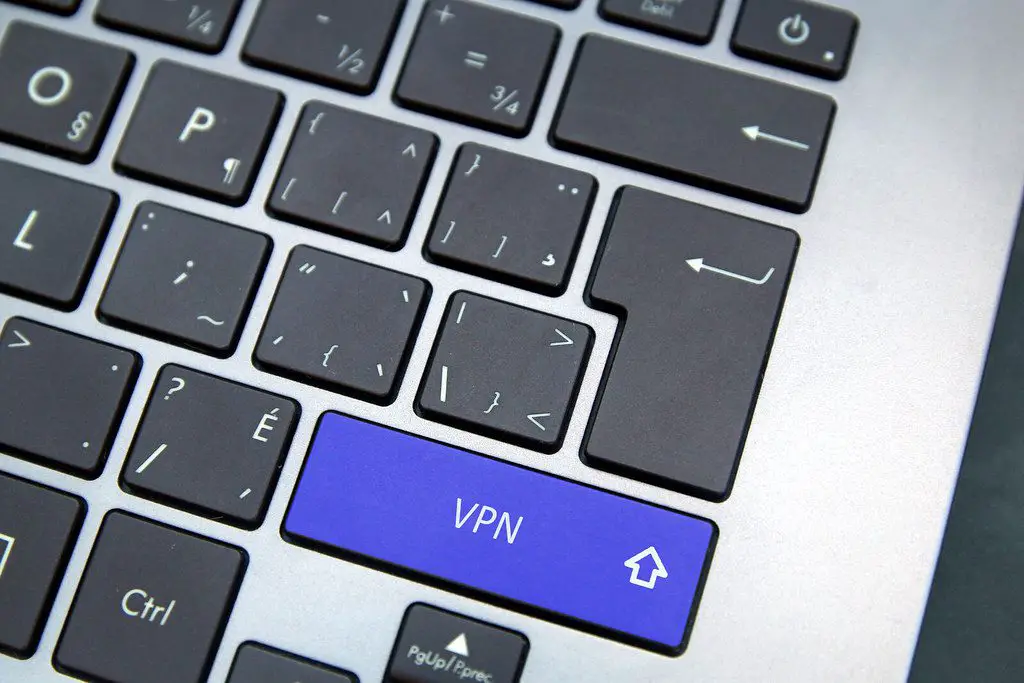Why VPN Security is Paramount?

"VPN blue"by Infosec Images is licensed under CC BY 2.0
You may have heard that a virtual private network, or VPN, can help keep you safe and secure on the internet. You may even know that a VPN is quite possibly the most important tool to use to protect your online privacy. But what you may not know is that not all VPNs are created equal, and many of them fall short when it comes to adequately safeguarding you online. Many simply do not offer the security features that are requisite in providing users with sufficient privacy protections, and many also lack the proper encryption protocols to ensure a secure connection. With thousands of VPN providers to choose from, it can certainly be a difficult task to find one that works effectively to protect your digital security. In this article, we hope to make the task easier for you by highlighting some of the most important security features to look out for when choosing a VPN, and detail why VPN security is paramount in maintaining your privacy online.
“VPN blue”by Infosec Images is licensed under CC BY 2.0
Before getting into some of the more specific aspects of what makes for a secure VPN, it is important to gain an understanding of the basics of how a VPN works and what exactly the technology can help you achieve. Essentially, a VPN will secure your internet connection by routing your online activity through an encrypted “tunnel” to a secure server in a remote location. With your connection being encrypted end-to-end, everything you do online through your VPN connection is completely hidden and kept private from hackers, government surveillance, your internet service provider (ISP), or any other entity attempting to snoop on your internet activity. What’s more, since your connection is being routed through a remote location of your choosing, any website you visit will register your location as that of the remote server you are connecting through, rather than your actual physical location. This is useful not just for unblocking online content worldwide but, more importantly, for evading authoritarian internet censorship tactics imposed by governments in certain parts of the world.
Any VPN worth it’s salt will provide the necessary privacy protections and encryption methods to help you effectively secure your internet activity and stay safe online. Perhaps the most crucial privacy protection that a truly secure VPN will provide is a strict no-logs policy, meaning that the VPN provider does not collect or store any logs of any user’s online activity through its VPN network. A strict no-logs policy is important for security because your VPN provider will have no record of your online activity on its network and therefore will not have any information to provide authorities, should any be requested.
Strong encryption protocols are also important for a secure VPN to offer its users. After all, a VPN connection will ultimately only be as secure as the protocol used to encrypt the connection. OpenVPN is widely considered to be the gold standard and most secure VPN encryption protocol. A secure VPN service will undoubtedly have an option to encrypt your connection through the OpenVPN protocol.
When you use a VPN, you rely on the technology to protect your online privacy by masking your true IP address. Unfortunately, some VPNs can be prone to leak your true IP address and effectively expose you online and compromise your privacy. This is why it is imperative that your VPN incorporates DNS leak protection to prevent that from happening. Moreover, a secure VPN service should also offer a “kill switch” feature that will disable your internet connection should your VPN disconnect for whatever reason, ensuring that your true identity is never left unprotected. Protecting the security of your online activity is especially important if you are located in a country (such as China) with strict internet censorship regulations and government surveillance practices. Governments in certain regions like these attempt to prevent unauthorized VPN usage by blocking ports commonly used by VPN connections. Many quality, secure VPN services will offer users obfuscated, or “stealth” servers that scan for open ports to connect through and disguise the VPN traffic to appear as regular non-VPN traffic to avoid government firewalls, allowing you to enjoy the open internet without the risk of being surveilled.
These VPN security features all play an important role in keeping you safe and secure whenever and wherever you connect to the internet. VPN security is particularly vital these days in the face of ever-increasing cyber threats and risks to data privacy. Cybercriminals and even government agencies are constantly targeting internet users, and if you don’t take the proper precautions and use a VPN to secure your online privacy, you could easily end up in the crosshairs. Though it’s true that secure VPNs are hard to come by, luckily ProPrivacy has compiled a list of the best VPN services available. Do yourself a favor, check out the list and secure your digital privacy today!





